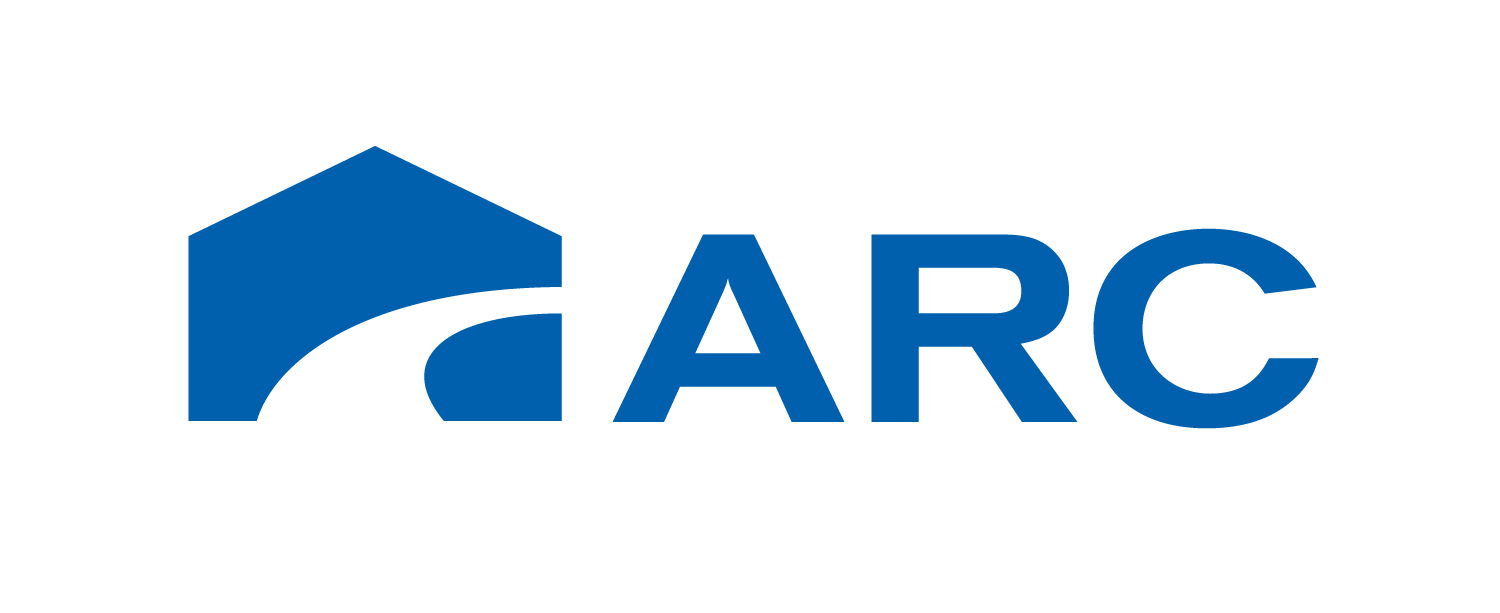Common misconceptions about HOA fees
A homeowner association (HOA) can be a significant factor during the home-buying process. Many communities have HOAs that help ensure the area looks great and functions effectively. Residents of these communities must pay HOA fees, usually charged monthly, to contribute to the upkeep of the common areas, such as security gates, sidewalks and swimming pools. It’s important to factor HOA fees into your budget when looking for a home and gather all the facts before committing to buy. Below are some of the most common misconceptions we’ve encountered when it comes to HOA fees.
Misconception 1: Residents are blindsided by HOA fees and rules
If proper research is done into the rules and regulations of your HOA, you should never be blindsided by fees or notices of rule violations. Don’t simply skim over the bylaws, make sure to read and fully understand the dos and don’ts of your community.
Misconception 2: HOAs are just out to take money
The HOA is an important aspect of your community that is critical to keeping order and maintaining aesthetic appeal. In most cases, HOA fees are used for current needs and upkeep, or put into a reserve fund for when larger needs arise.
Misconception 3: Board members only desire power over the community
In most cases, the board members who make up the HOA are unpaid volunteers, so one might assume the board is comprised of those who seek power over the community. On the other hand, board members spend their free time ensuring the good of the area without pay, so most members truly value the group’s overall focus and goals.
Misconception 4: There will be no consequences for missed payments
Although it seems like a large amount of power, the HOA can foreclose on your home. Before purchasing a home, make sure your monthly payment budget includes the cost of HOA fees. It’s important that you are able to pay your HOA fees in full and on time.
Misconception 5: The HOA can’t control what is done to my personal property
On the contrary, the HOA is obligated to enforce the rules outlined in the bylaws, which will include regulations on personal property changes. If you plan to make a renovation or change, you will need to get the board’s prior approval. In the case a neighbor brings an issue with a change you’ve made, the board can back up your rights.
If you would like more information about HOAs and their associated fees, or would like to speak with an ARC agent feel free to contact us at (205) 969-8910.

